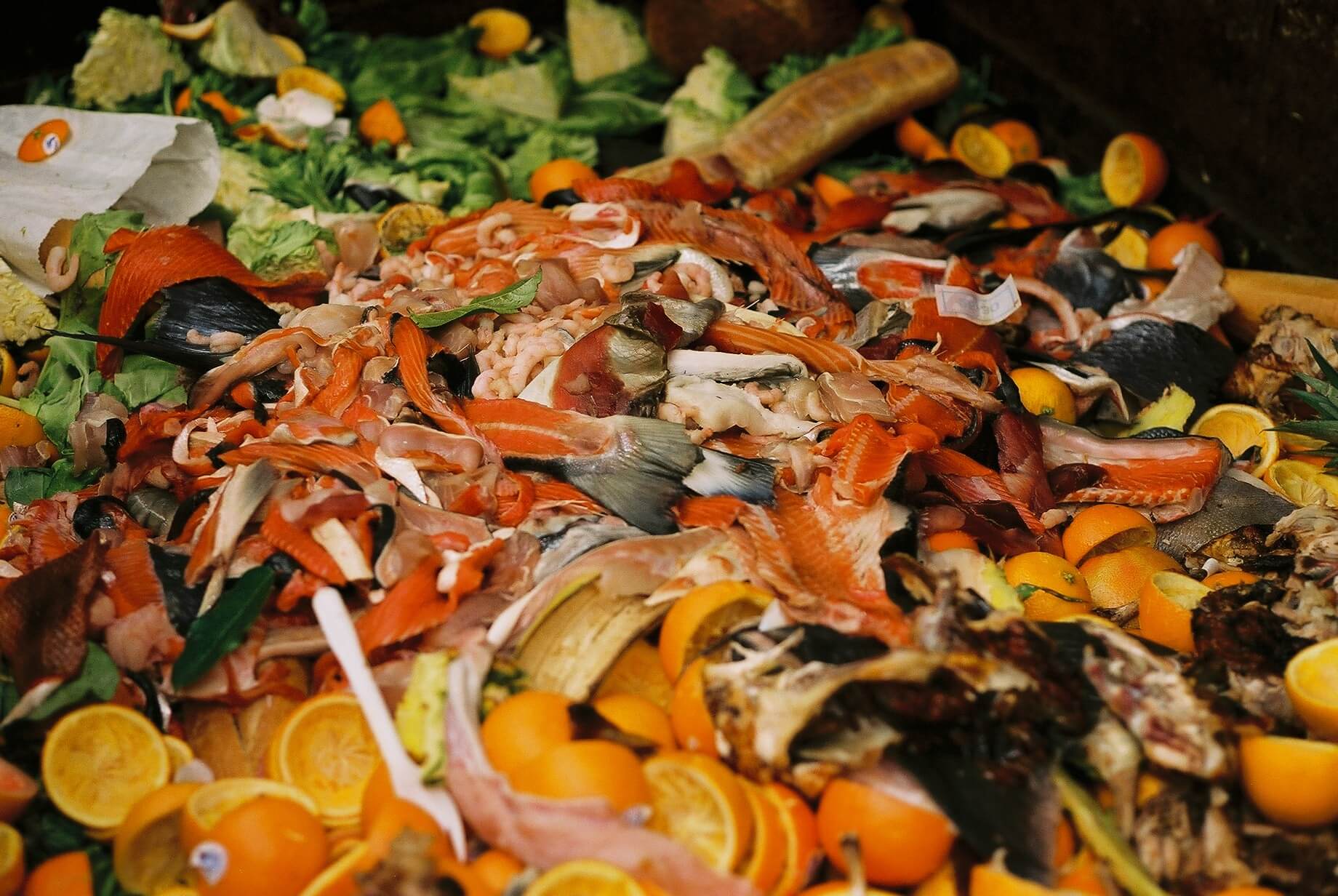Food waste
Every day, more than two tons of food are wasted in Denmark. There is broad agreement that food waste must be prevented to conserve resources, both locally and globally. Our research network "Fighting Food Waste" investigates how we can best reduce food waste in practice.

Every year, we throw away 814,000 tons of food in Denmark. This enormous waste occurs at all levels of the food supply chain, from suppliers, producers, and processing companies to distributors, retailers, food service providers, and consumers.
A significant portion of the total amount of food waste is found at the end of the value chain. In Denmark, the retail sector accounts for about 12% of the total amount of food waste, while consumers account for about 30%. Therefore, there is great potential in combating the food waste that occurs between consumers and retailers, but there is also a need to include other parts of the food value chain, including catering.
Our research network "Fighting Food Waste" investigates how we can best reduce food waste.

Fighting food waste as a green solution
The discrepancy between good intentions on one side and the significant amount of food waste on the other is a signal that food waste is a complex societal problem that needs to be explored and addressed from multiple perspectives.
The discrepancy between good intentions on one side and the significant amount of food waste on the other is a signal that food waste is a complex societal problem that needs to be explored and addressed from multiple perspectives.
Successful combating of food waste requires collaboration between researchers from various disciplines, including humanities, social sciences, environmental sciences, agricultural sciences, food sciences, economics, as well as legal, political, and governance experts.
Additionally, non-academic stakeholders such as politicians, public authorities, professionals in the food industry, farmers, retailers, consumer organizations, companies that upcycle food, and waste management companies play a crucial role. Collaboration between these stakeholders is essential for a comprehensive approach to combating food waste, involving social, environmental, economic, educational, regulatory, and technological dimensions.
Researchers in the network
| Janus Mortensen | Centre for Internationalisation and Parallel Language Use | Faculty of Humanities |
| Jørgen Dejgård Jensen | Department of Food and Resource Economics (IFRO) | Faculty of Science |
| Kamilla Kraft | Department of English, Germanic and Romance Studies | Faculty of Humanities |
| Karin Schwarz Revsbeck Rasmussen | Centre for Legal Studies in Welfare and Market | Faculty of Law |
| Bent Egberg Mikkelsen | Department of Geosciences and Natural Resource Management |
Faculty of SCIENCE |
| Marianne Thomsen | Department of Food Science (UCPH FOOD) | Faculty of SCIENCE |
| Fritz Henglein | Department of Computer Science | Faculty of SCIENCE |
| Subash Rana | Department of Geosciences and Natural Resource Management |
Faculty of SCIENCE |
